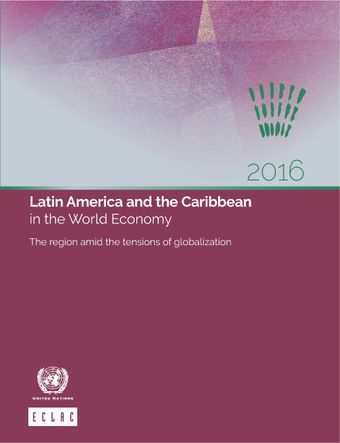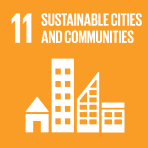Foreword

- Author: Economic Commission for Latin America and the Caribbean
- Main Title: Latin America and the Caribbean in the World Economy 2016 , pp 7-9
- Publication Date: April 2017
- DOI: https://doi.org/10.18356/5912a739-en
- Language: English Spanish
- Previous Chapter
- Table of Contents
- Next Chapter
Globalization has become increasingly questioned in the past few years, particularly in the developed countries, as a result of many converging factors. Cross-border trade and financial flows, which expanded rapidly in the 1990s, slowed heavily after the financial crisis of 2008 and 2009. Cross-border digital flows were not affected by the crisis and maintained their exponential growth. The slowdown in trade, foreign direct investment and other financial flows reflects lacklustre global economic growth in the post-crisis period and has led to high unemployment and wage stagnation, particularly in Europe. In addition, income distribution has deteriorated in practically all the advanced economies in the past few decades, and immigration to the United States and Europe has risen steadily. Another source of the mounting discontent in developed countries is the lack of coordination or global public goods capable of mitigating the social and political tensions associated with this phase of hyperglobalization.
-
From This Site
/content/books/9789210585705c001dcterms_title,dcterms_subject,pub_keyword-contentType:Journal -contentType:Contributor -contentType:Concept -contentType:Institution105



